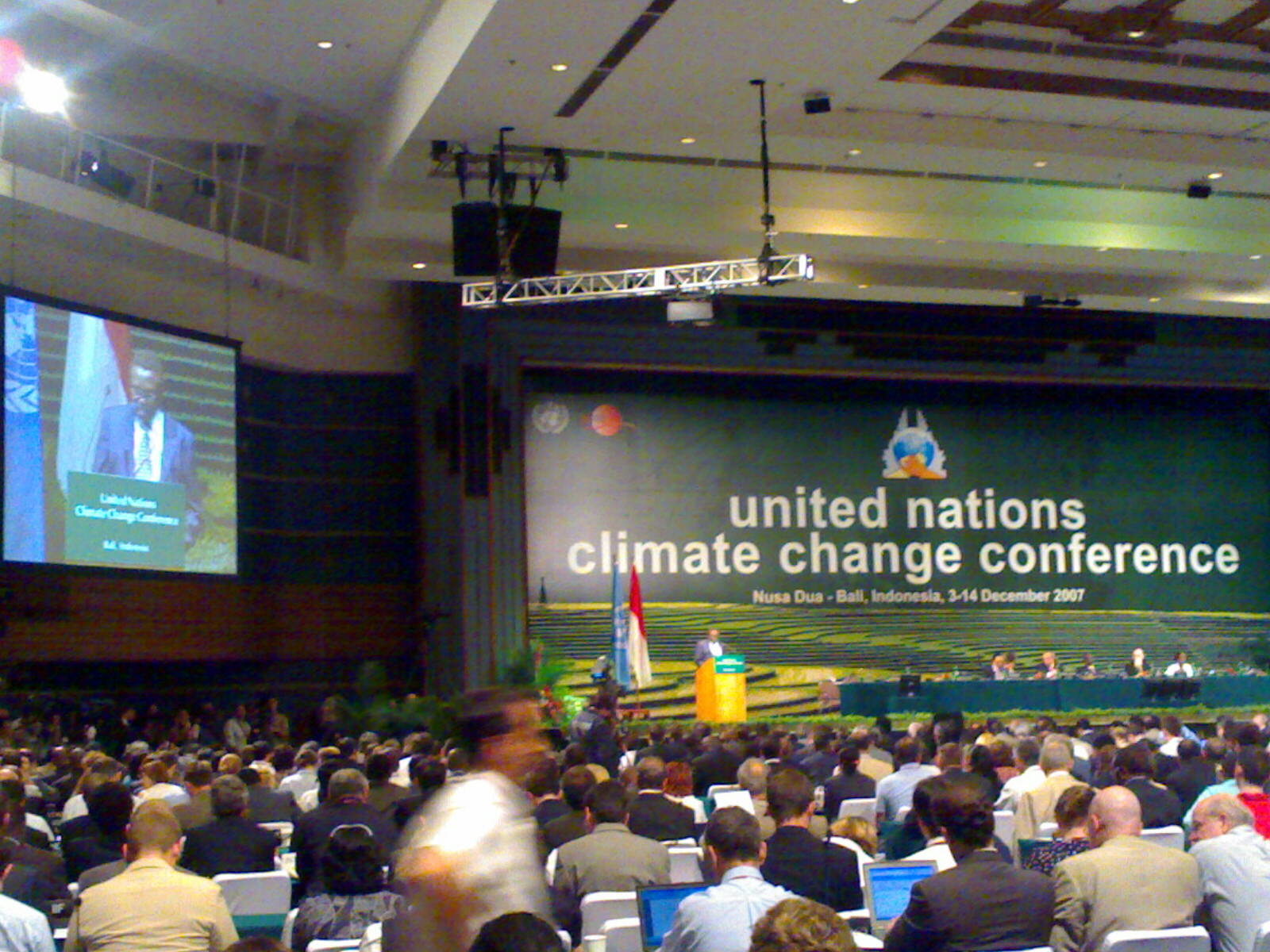Dickinson to Durban » Entries tagged with "how to save the climate"
Top to Bottom: Inspiring Bottom-up using the Top

Sam Parker ’12 Climate change governance and mitigation thus far have taken a very “top-down” approach. One of the best examples of this is the Conference of the Parties (COP) that occur yearly, bringing together government officials from all across the world to discuss climate change and its different aspects. Though, these top-down approaches to global problems often overlook the need for more “bottom-up” or community based approaches to issue that the world faces. As I … Read entire article »
Filed under: Climate Change, Conservation, Consumption, Environmental Politics, Key COP17 Issues
Ecofeminism and Climate Change
by Claire Tighe ’13 What is Ecofeminism? What does it have to do with climate change? Listen to my podcast here (click on the “Claire Tighe: Ecofeminism” podcast to listen) or explore this blog to learn more. … Read entire article »
Filed under: Climate Change, Environmental Politics, Student Research
How to Balance Climate Justice with Collective Responsibility?
Everyone is responsible for the emission of greenhouse gases (GHGs) that contribute to global climate change, but some much more so than others. In an atmosphere that doesn’t care whether GHGs come from the rich or the poor, how do we balance the need for drastic emissions reductions with a mutually agreeable sense of fairness? In chapter five of their book A Climate Injustice, Roberts and Parks explain four approaches from which to consider the question of fairness: grandfathering, carbon intensity, historic responsibility, and emissions per capita. Each perspective has differing implications for developed countries (the global North) and developing countries (the global South). Grandfathering allows a country to make its GHG reductions relative to a baseline from their past emissions. The Kyoto Protocol is an example, as countries agreed to reduce … Read entire article »
Filed under: Climate Change, Key COP17 Issues
Rethinking the Nation State and its Role in Climate Governance
Global problems like global climate change are typically seen to require global solutions. And the actors typically seen to be responsible for these global problems are the nation-states that constitute the global system. Bulkeley and Newell challenge this assumption in their book Governing Climate Change, arguing against the view that “the nation-state is the only or necessarily most important unit of climate politics” (p. 4). While I certainly agree that a “nation-state” is an inadequate unit of analysis when construed simply as the sovereign government of a state, I prefer to rethink the understanding of the nation-state rather than discredit its importance. In support of their argument, Bulkeley and Newell demonstrate the need to expand the view of the nation-state, suggesting an alternative view of the state as “a dynamic system … Read entire article »
Filed under: Climate Change
Recent Comments